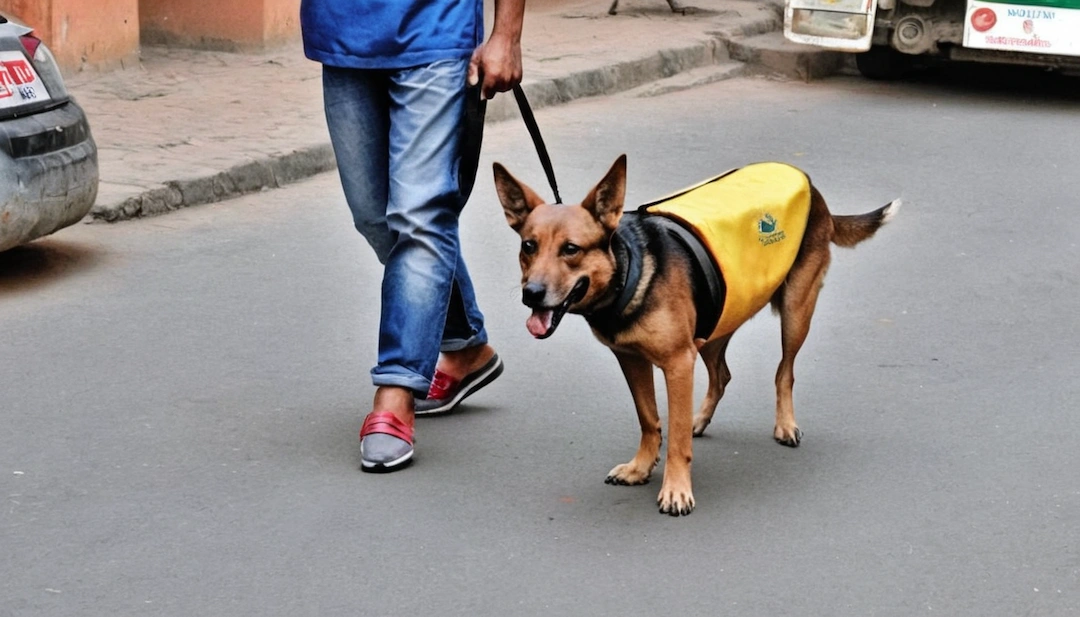New Routes Unveiled for Tamil Nadu's Exotic Animal Smugglers
02 Jun 2024
New Routes Unveiled for Tamil Nadu's Exotic Animal Smugglers
Authorities in Tamil Nadu have uncovered new smuggling routes utilized by traffickers to transport exotic animals. These clandestine pathways, linking Bengaluru and Tiruchy, have raised concerns among conservationists and wildlife protection agencies. The revelation sheds light on the persistent challenges in combating wildlife trafficking and underscores the need for enhanced vigilance and enforcement measures.
Unveiling the Smuggling Network
The smuggling network, previously operating under the radar, has now been exposed through diligent surveillance efforts. Bengaluru and Tiruchy, bustling cities with significant transit hubs, serve as crucial nodes in the illicit trade chain. Traffickers exploit various means, including concealed compartments in vehicles and forged documents, to transport exotic animals covertly.
Alarming Rise in Trafficking Activities
The emergence of these new routes signifies a troubling escalation in wildlife trafficking activities in the region. Despite concerted efforts by law enforcement agencies to curb such illicit practices, traffickers continue to adapt and innovate, posing significant challenges to wildlife conservation efforts. The demand for exotic animals, driven by illegal pet trade and traditional medicine markets, fuels this nefarious trade.
Impact on Biodiversity Conservation
The proliferation of wildlife trafficking not only poses a threat to individual species but also undermines broader biodiversity conservation initiatives. Many of the animals trafficked through these routes are endangered or protected species, exacerbating the risk of extinction and disrupting fragile ecosystems. The loss of biodiversity due to illegal wildlife trade has far-reaching ecological consequences and undermines the resilience of natural habitats.
Collaborative Strategies for Combatting Wildlife Trafficking
Addressing the scourge of wildlife trafficking requires a multifaceted approach involving collaboration between various stakeholders. Law enforcement agencies, conservation organizations, government authorities, and local communities must work in tandem to disrupt smuggling networks, dismantle trafficking rings, and strengthen enforcement mechanisms. Additionally, raising awareness among the public about the detrimental impacts of wildlife trafficking is crucial in garnering support for conservation efforts.
Strengthening Legal Frameworks and Penalties
To effectively combat wildlife trafficking, there is a pressing need to bolster existing legal frameworks and impose stringent penalties on perpetrators. Enhanced legislation, coupled with robust enforcement mechanisms, can act as a deterrent against illicit wildlife trade activities. Moreover, facilitating international cooperation and information sharing is essential in addressing transnational wildlife crime networks that operate across borders.
The revelation of new smuggling routes for exotic animal trafficking underscores the persistent challenges in combatting wildlife crime. It highlights the urgent need for coordinated efforts to disrupt smuggling networks, strengthen enforcement measures, and raise public awareness about the detrimental impacts of wildlife trafficking. By taking proactive steps to combat this illicit trade, we can safeguard the rich biodiversity of Tamil Nadu and protect vulnerable species from exploitation and extinction.
Related Posts
Social media
Category
Trending Posts
-

Isha Ambani and Anand Piramal's Daughter Aadiya Shakti with Her Beloved Pet Dog
15 Jul 2024 -

Keeping Pets Cool and Safe Amid Power Outages
11 Jul 2024 -

Ratan Tata Launches Tata Trusts' Small Animal Hospital in Mumbai
04 Jul 2024 -

Tragic Rabies Deaths: Man and Son Succumb After Dog Bite in Visakhapatnam
27 Jun 2024 -

Pet Dog Bites Delivery Man in Ludhiana: A Growing Concern for Safety
24 Jun 2024 -

The Rising Cost of Veterinary Care: How to Manage Pet Medical Bills
23 Jun 2024 -

Kartik Aaryan Trains His Dog for Katori Champion Title
22 Jun 2024
Subscribe Newsletter
It is a long established fact that a reader will be distracted.


